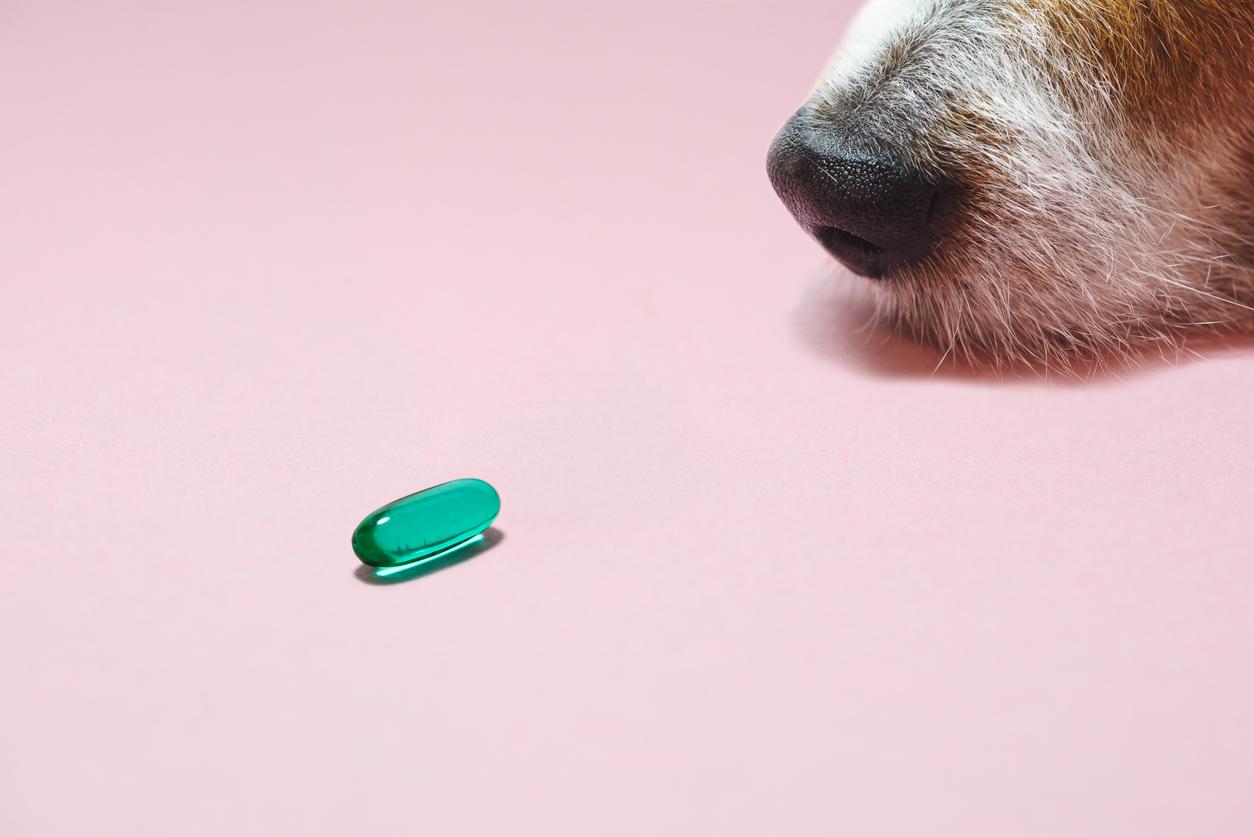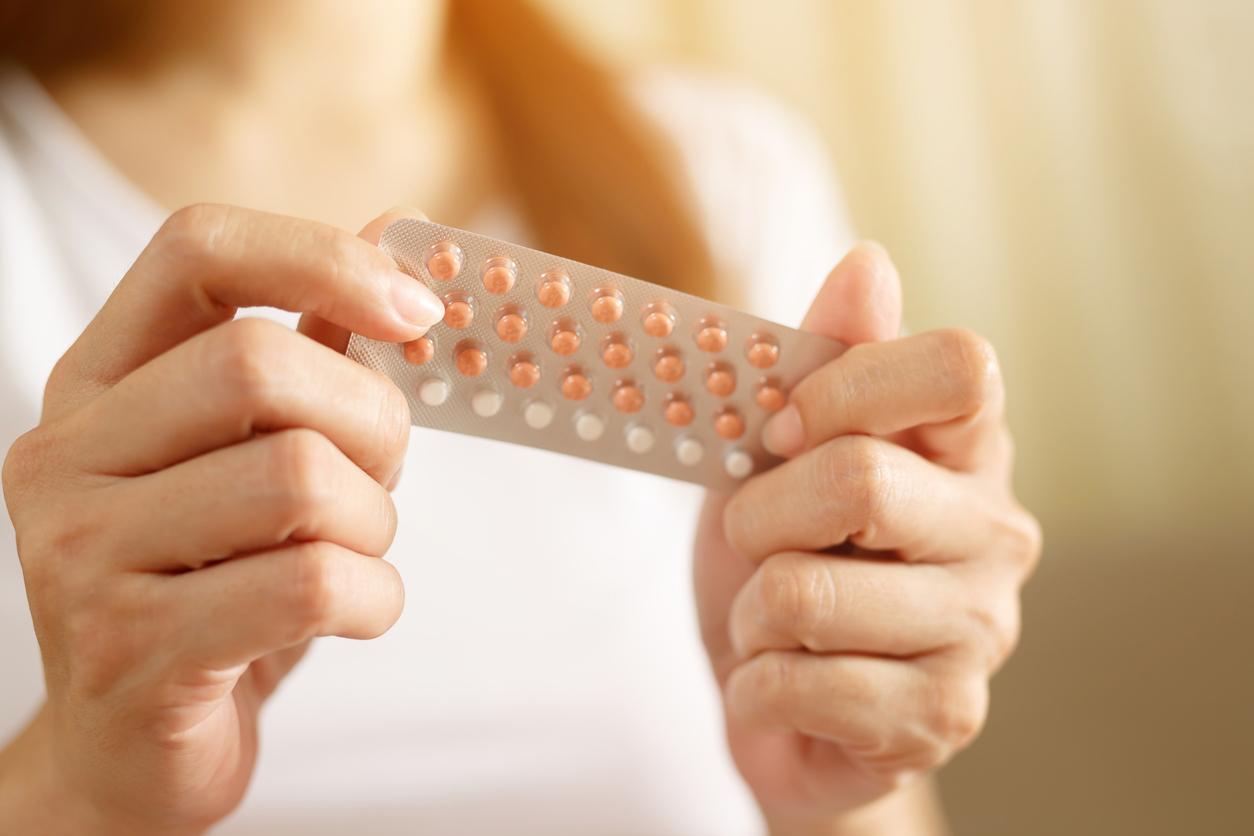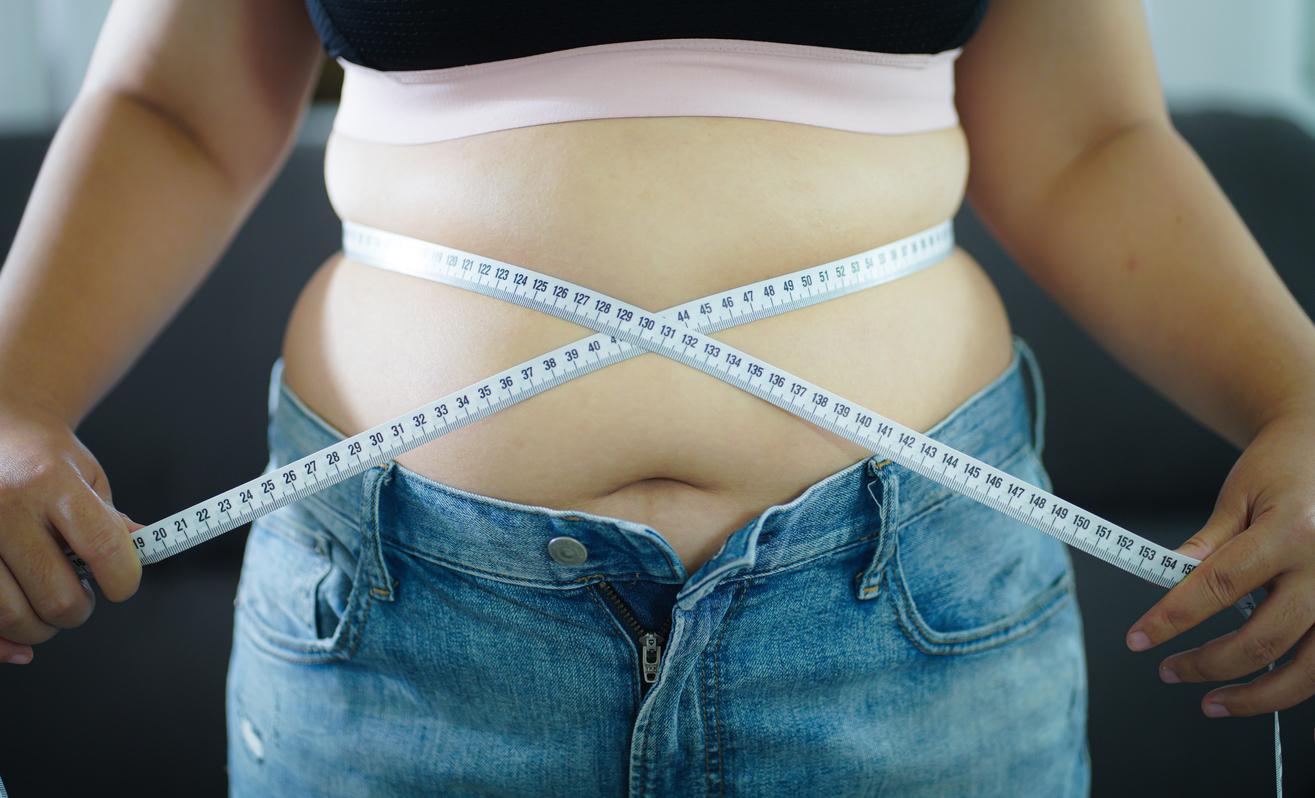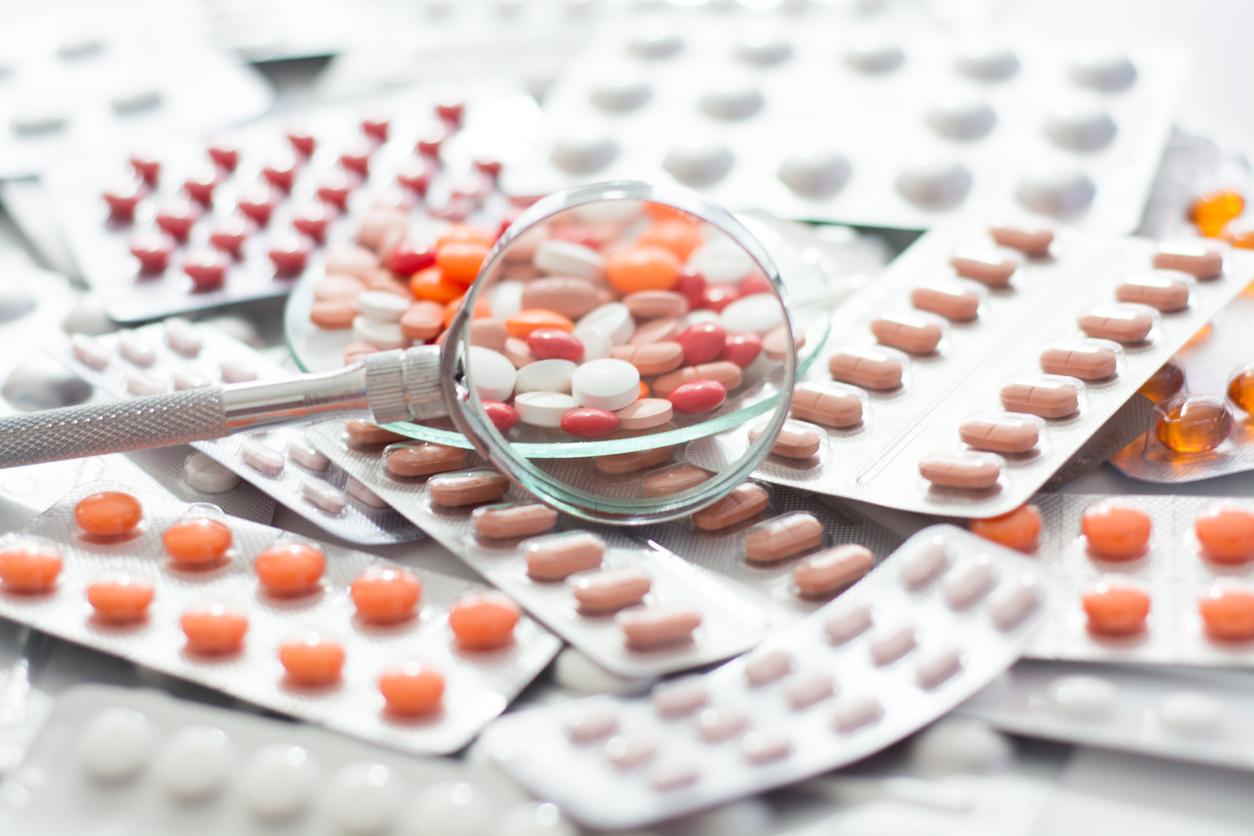Loneliness kills, revealed a Danish study in 2018. Indeed, chronic loneliness would not only be bad for morale. It would increase the risk of developing cardiovascular diseases, neurodegenerative diseases or metastatic cancer. It is also believed to weaken the immune system, making people with it more vulnerable to infections. But if there are treatments for other social disorders, such as depression or anxiety, why not for them? feeling of isolation ?
This is the question asked by researchers at the Brain Dynamics Laboratory, a division of the University of Chicago (United States) specializing in the study of brain behavior. According to them, there is a ready-made solution: the use of pregnenolone. Their research, still in progress, is presented in The Guardian, as well as in an online scientific article.
Perception of social danger
Loneliness manifests itself when the biological signals that prompt us to interact with other people collide with an overly vigilant dysfunctional mind, which perceives social danger everywhere, explains study director Stephanie Cacioppo. A phenomenon which pushes some individuals to remain locked up.
The researchers thus tested on 96 participants a neuroactive steroid called pregnenolone. His function ? Alleviating the hypervigilance and stress a person experiences when exposed to what their brain identifies as a social threat. The goal here is not to make people stop feeling lonely altogether, but to interfere with the effects of loneliness on the brain and body, the researchers develop.
The hope of pregnenolone
A previous study, conducted in 2013 on 31 healthy people, had already demonstrated the calming effects of allopregnanolone, a derivative of pregnenolone. The hormone actually had an anxiolytic effect on two areas of the brain responsible for the sensation of threat, emotional recall and anticipation of unpleasant reactions, the tonsillar complex (or tonsil) and the island cortex (or insula). Effects already obtained with certain antidepressants. But these cause some side effects, such as drowsiness, nausea or insomnia.
Based on this previous research, the researchers this time around administered oral doses of 400 mg of pregnenolone to healthy individuals who felt isolated. Stephanie Cacioppo and her team are currently analyzing the data. The director is cautiously optimistic that the perceived loneliness of people treated with pregnenolone will be reduced compared to those given a placebo. The results should be published within the year.
Until then, there are non-pharmacological strategies to escape loneliness: volunteering in an association, cuddling so that the brain releases oxytocin (the hormone of social bonding) or meditating have already shown their effects. .
Read also :
- United Kingdom: new solutions to fight loneliness?
- Loneliness, a real public health problem?


















